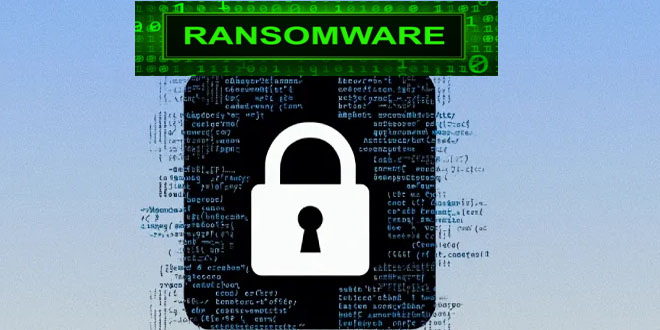According to Thales, the number of businesses that suffered a data breach in their cloud environment last year increased to 39%, up from the 35% reported in 2022.
Cloud environments security
55% of respondents stated that human error is the main cause of cloud data breaches. This comes as businesses reported a dramatic increase in the level of sensitive data stored in the cloud. 75% of businesses said that more than 40% of data stored in the cloud is classified as sensitive, compared to 49% of businesses this time last year.
Software as a Service (SaaS) applications were identified by 38% of respondents as the primary target for hackers, while cloud-based storage closely followed at 36%.
Lack of control over encryption keys
The study revealed that despite the growing amount of sensitive data being stored in the cloud, the utilization of encryption remains surprisingly low. Only 22% of IT professionals reported that more than 60% of their sensitive data in the cloud is encrypted. According to the findings, on average, only 45% of cloud data is currently encrypted.
In addition, the study revealed that businesses have limited control over their encryption keys. Surprisingly, only 14% of the participants stated that they had full control over all the keys to their encrypted data in their cloud environments. In addition, almost 62% say they have five or more key management systems – creating increased complexity when securing sensitive data.
ALSO READ:
Surge in SaaS App adoption
The adoption of multicloud is experiencing a significant surge, with over 79% of organizations now utilizing multiple cloud providers. Notably, it’s not just infrastructure that is experiencing this growth. The use of SaaS apps is also on the rise significantly. In 2021, 16% of respondents reported their enterprises utilizing 51-100 different SaaS applications, while in 2023 this percentage increased to 22%.
Although the use of cloud technology continues to grow, there is still a notable obstacle that persists. 55% expressed that managing data in the cloud is more complex than in on-premises environments – up from 46% compared to the previous year.
Respondents are also highly concerned about digital sovereignty. 83% expressed concerns over data sovereignty, and 55% agreed that data privacy and compliance in the cloud has become more difficult.
Maintaining control and security in cloud environments
Strong security practices are crucial in mitigating data breaches, with identity and access management (IAM) playing a significant role. Encouragingly, the adoption of robust multifactor authentication (MFA) has risen to 65%, indicating progress in fortifying access controls.
It is quite surprising that only 41% of organizations have incorporated zero trust controls into their cloud infrastructure. Moreover, an even smaller percentage (38%) utilizes these controls within their cloud networks. These statistics highlight the need for greater emphasis on adopting comprehensive security measures to effectively safeguard sensitive data and enhance overall cyber security resilience.
Organizations need easy access to on-demand IT infrastructure and services in a dynamic multicloud landscape, according to Sebastian Cano, SVP for Cloud Protection and Licensing activities at Thales.
When handling sensitive data, it’s very important to consider cloud environments as an extension of the existing infrastructure for control and security purposes. Customer control of encryption keys is important because it allows organizations to benefit from the cloud’s scalability, cost efficiency, and accessibility while ensuring the highest level of integrity and confidentiality for their valuable information, said Cano.
 InfoSecBulletin Cybersecurity for mankind
InfoSecBulletin Cybersecurity for mankind















